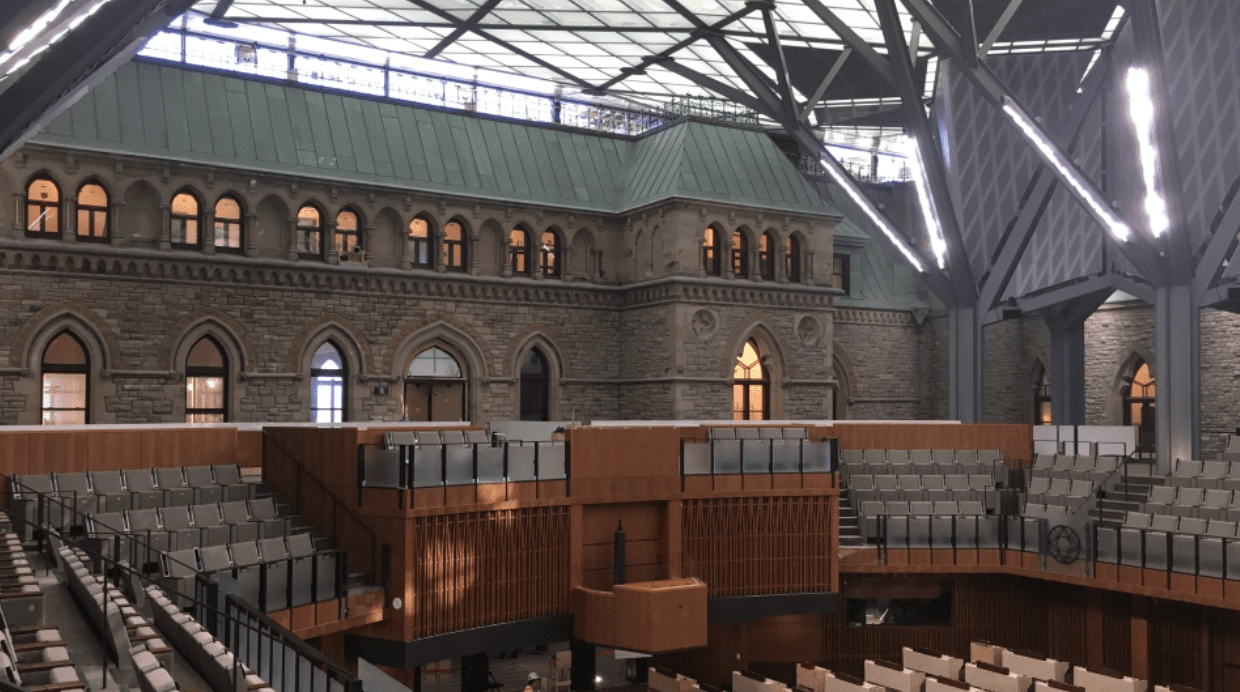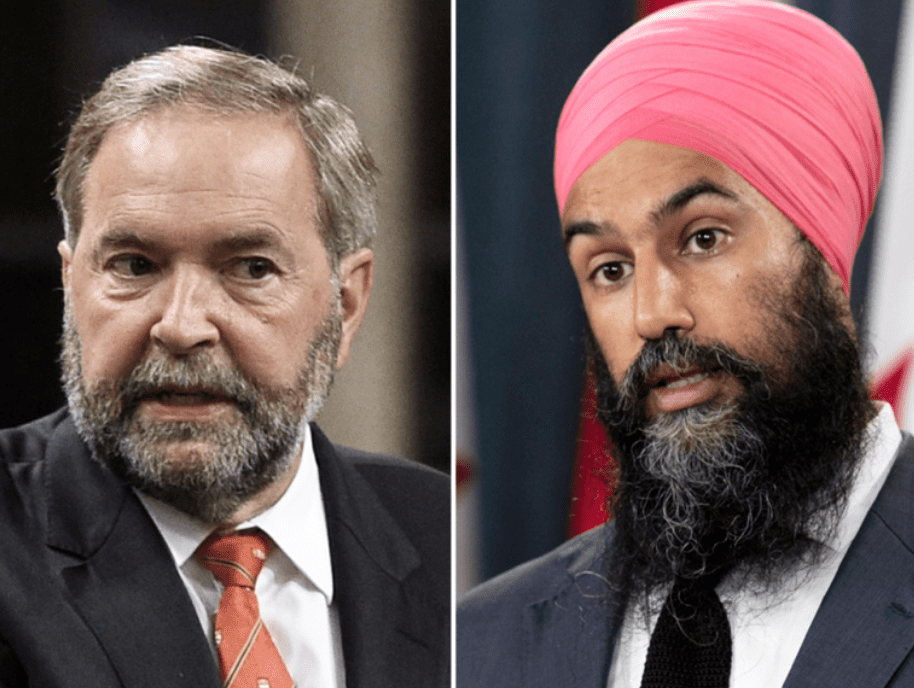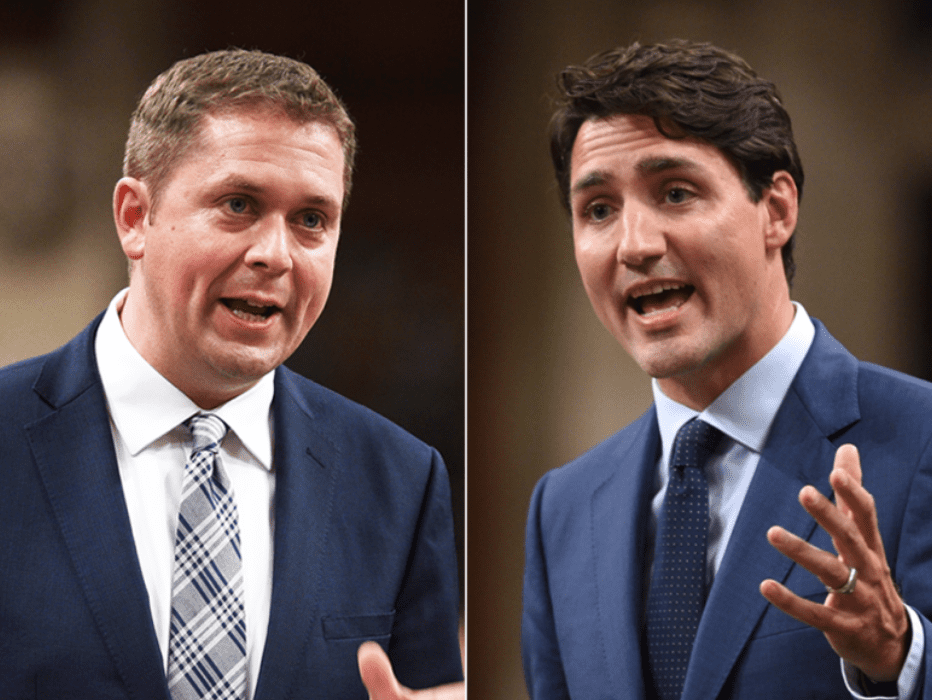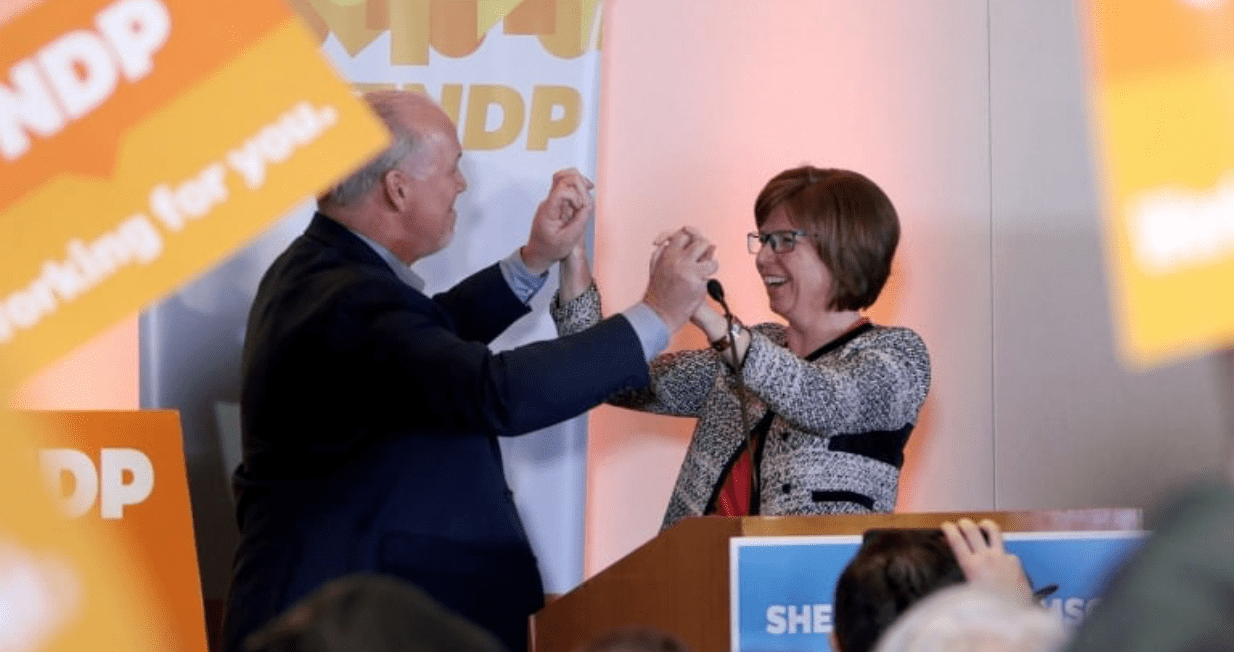The notion of introducing a "second chamber" to the House of Commons has been floating around for the past couple of years, and this past week, Deputy Speaker Bruce Stanton made the case for it in Policy Options. I'm dubious on the notion, but it's worth going through Stanton's arguments regardless, given that he's got a bit more of a unique perspective on the House of Commons given the fact that he sits in the Big Chair a fair amount of the time.
To refresh your memories, the notion of a second or parallel chamber to the House of Commons is an innovation that has developed both in the UK and Australia, with the advent of Westminster Hall and the Federation Chamber respectively. They are essentially committee rooms, and used largely for take-note debates by backbenchers on issues that MPs think are important for the day, but don't necessarily relate to government business. They are seen as less contentious, and don't take votes, so it's not like it's detracting from the work of the House of Commons. But with this in mind, I think there are a couple of things to remember in their creation one of which is that the UK House of Commons is double the size of Canada's, with some 650 MPs compared to our 338. That means that there would be far less opportunity for backbench business in the UK than in Canada, which is important context for us to bear in mind as we consider the arguments to recreate such a space in our Parliament.
To begin with, Stanton argues that a parallel chamber would allow for more generous time limits for some aspects of debate, which on the face of it could be true. I'm curious that he singled out Adjournment Proceedings as something that could be placed there and given additional time. For those who are unfamiliar, Adjournment Proceedings, also known as the "Late Show" in the Commons, is when MPs can follow up on responses from Question Period, and allows for questions and responses up to four minutes in length, with one additional minute to reply on either side, as opposed to the 35-seconds of QP, for a maximum of three such debates per day. Requests are made in writing to the Table, which then schedules a time for the MP and minister to appear at the Late Show.
While on the one hand, it may seem like a good idea to expand the Late Show to a second chamber, this goes to the issue of holding government to account something that should belong in the main chamber by its very definition. I also think that if MPs are so concerned that they're not getting enough time in the Late Show to do what needs to be done, that they have the power to simply amend the Standing Orders for the Commons to sit later every day to accommodate a longer Late Show. There is no hard-and-fast rule that says that 6:30 is when the House of Commons must rise they used to adjourn for dinner at 6 and return to the Chamber at 8 three nights a week for late night debates, but eliminated those debates to be "family friendly." If they want to extend an extra thirty minutes or so for additional Late Show debates, which doesn't require all MPs to be present, they can do that without creating a second chamber.
Stanton points to Members' Statements as a place where they could get more time in a parallel chamber. By his example, Australia allows for three-minute statements for thirty minutes daily, which are frequently extended to a full hour, in their Federation Chamber. This contrasts to the fifteen minutes allotted daily in our Parliament for one-minute members' statements in advance of Question Period. While sure, the opportunity for more MPs to recognize additional people and events in their ridings sounds great, we have to remember that this is something that has been abused a great deal over the past few years. In the previous couple of parliaments, it became a war of words, first between the Liberals and Conservatives during Members' Statements, and then the NDP once they formed opposition. The closer it got to QP, the more heated the rhetoric and attack lines, so much so that the Speaker had to call on them to tone it down on several occasions, after Conservatives tried to be clever and make jibes at "someone" who turned out to be the Liberal leader. If MPs were so concerned about needing more time to do the actual celebrating of people and events, then they would stop abusing the allotted time for statements.
Stanton's final argument is that a parallel chamber could be used to expedite "less contentious" government bills, by allowing MPs to debate those bills in the second chamber to free up time in the Commons for the more contentious bills, which again strikes me as a bit of a wrong-headed argument, given that we have a problem with the way we manage debates currently. For example, we spend days, if not weeks, at second reading debate of bills when the UK example is to spend an afternoon at that stage where the general principle of the bill is debated and then it gets sent to committee for better scrutiny. Our debate rules, with twenty-minute speaking blocks that are used by parties as requirements to fill time rather than a maximum for briefer points to be made, mean that we're not seeing substantive debate on any bills. That, more than a second chamber, would expedite debate and make what happens in the House of Commons more meaningful.
While I can appreciate Stanton's line of thinking, I think we need to take things back to basics. The whole point of Parliament is about holding the government to account. It's not a debating society for MPs to speechify the whole day on particular policy hobby horses, much as they may wish it to be. While creating a second chamber may give them far more opportunity to do so, do we need more excuses for MPs to neglect their duties about accountability and studying the Estimates and Public Accounts, or to avoid committee duties? I think that we have bigger problems with the way our parliament functions to tackle than to create new ways for MPs to shirk their constitutional duties.
Photo Credit: CTV News













